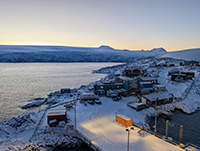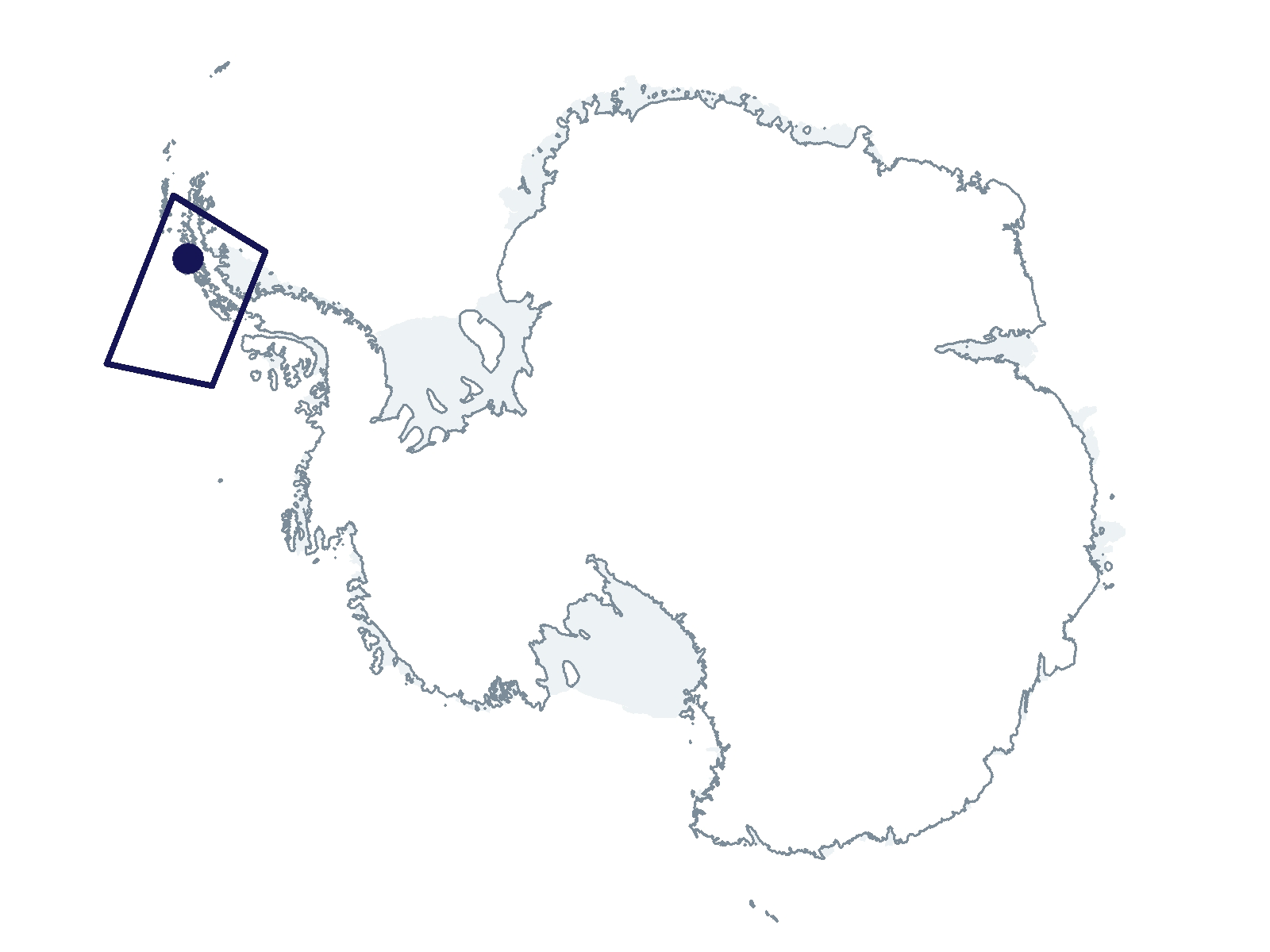2022-2023 USAP Field Season
Project Detail Project TitlePalmer, Antarctica Long-Term Ecological Research (LTER): land-shelf-ocean connectivity, and ecosystem resilience and transformation, in a sea-ice influenced pelagic ecosystem Summary
Event Number:
Program Director:
ASC POC/Implementer: Principal Investigator(s)
Dr. Oscar Schofield
Project Web Site: Location
Supporting Stations: ARSV Laurence M. Gould, Palmer Station DescriptionSeasonal sea ice-influenced marine ecosystems at both poles are regions of high productivity concentrated in space and time by local, regional, and remote physical forcing. These polar ecosystems are among the most rapidly changing on Earth. The Palmer Long Term Ecological Research (PAL-LTER) project seeks to build on three decades of long-term research along the West Antarctic Peninsula (WAP) to gain new mechanistic and predictive understanding of ecosystem changes in response to disturbances spanning long-term, decadal, and higher-frequency “pulse” changes driven by a range of processes, including natural climate variability, long-term climate warming, resiliency/recovery in the face of press versus pulse forcing, transformed spatial landscapes, and food-web alterations. We will contribute to fundamental understanding of population and biogeochemical responses for a marine ecosystem experiencing profound change. Field Season OverviewThe PAL-LTER team will continue to study seasonal and local scale processes at Palmer Station with field sampling and specific, intensively focused laboratory experiments to test hypotheses generated from the fieldwork. This experimental work requires interaction between the project's station and ship-based field teams for sampling and logistics. Palmer Station Four participants will deploy to Palmer Station. Specific requirements include water sampling at Station E twice per week in collaboration with the Van Mooy (C-045) group, surveys, incubation experiments, and the use of the radioisotope 14C. ARSV Laurence M. Gould One objective of the PAL-LTER is to continue the 30-year-long LTER time series on a regional scale grid of hydrographic stations west of the Antarctic Peninsula (the LTER Grid). It encompasses areas both more and less affected by climate change. Ecological and biogeochemical processes are studied by combining the ship and zodiac measurements with data collected from moored sediment traps and physical oceanographic moorings to expand sampling capabilities in space and time. We deploy autonomous gliders. Five participants will be onboard the ship, including several graduate students conducting PhD Thesis research in close collaboration with their field teams. Deploying Team Members
|
2022-2023 Science Planning Summary



For USAP Participants |
For The Public |
For Researchers and EducatorsContact UsU.S. National Science FoundationOffice of Polar Programs Geosciences Directorate 2415 Eisenhower Avenue, Suite W7100 Alexandria, VA 22314 Sign up for the NSF Office of Polar Programs newsletter and events. Feedback Form |



